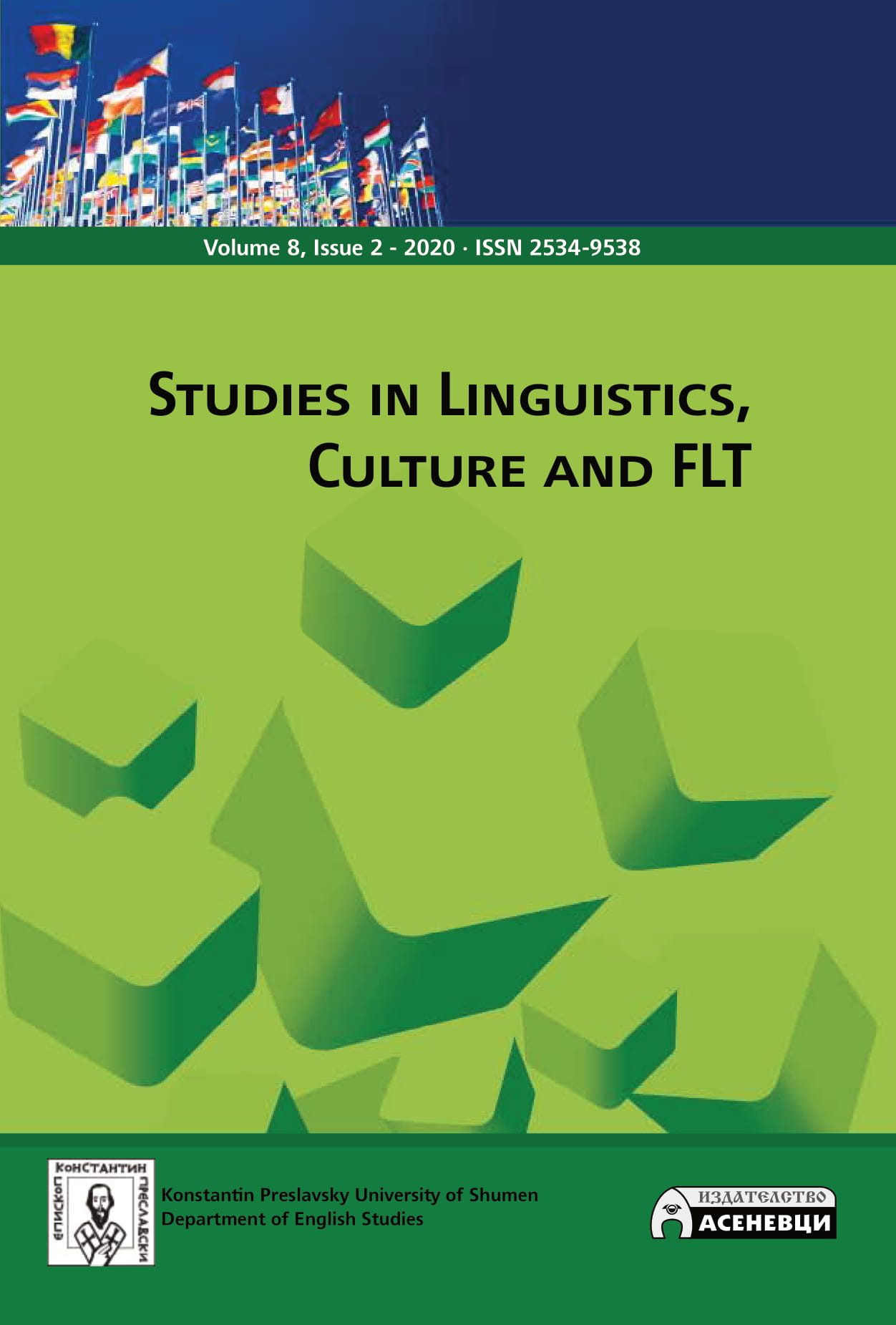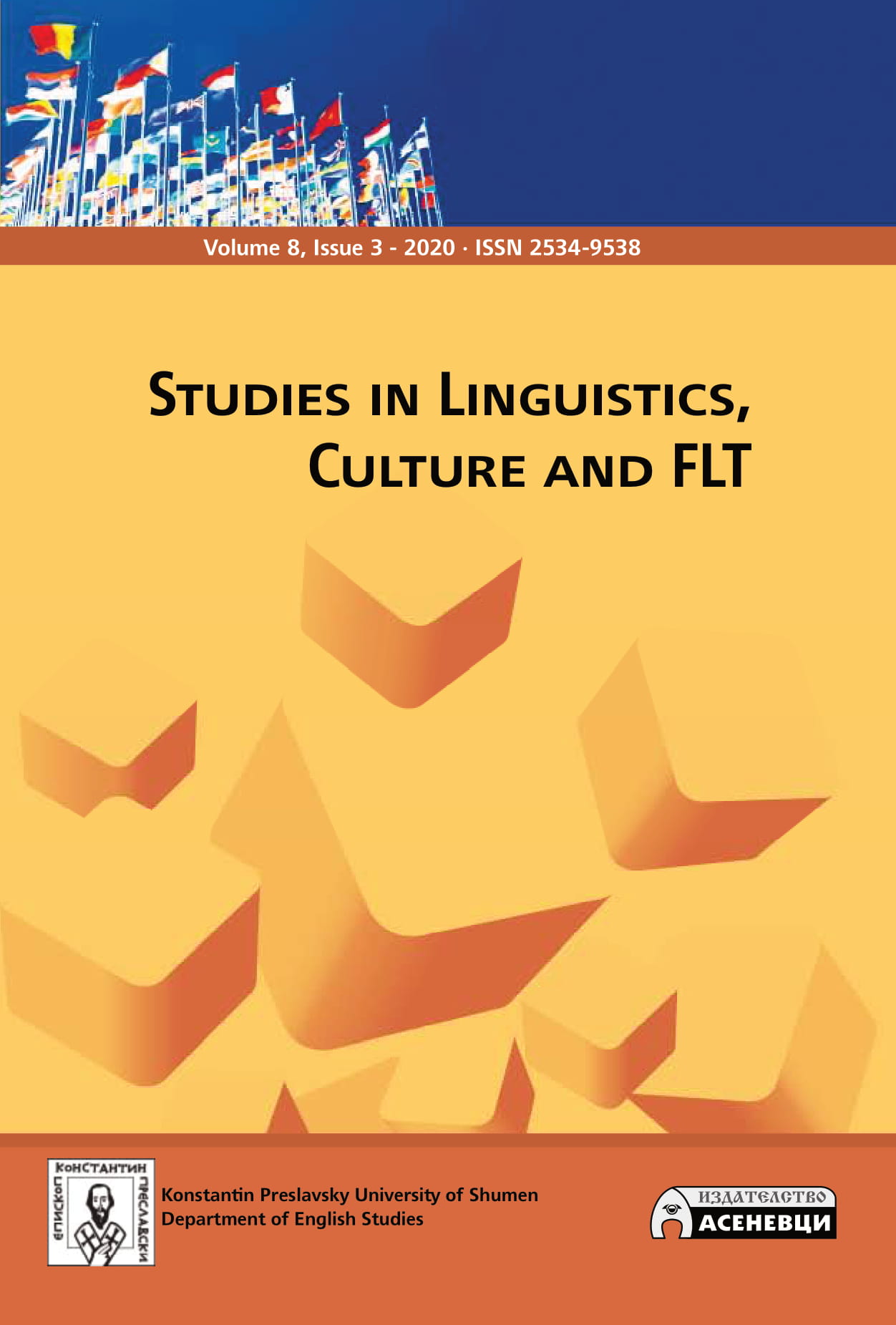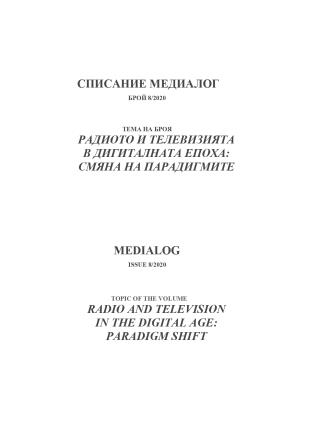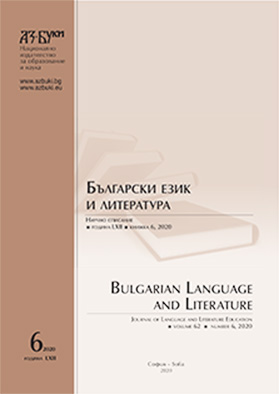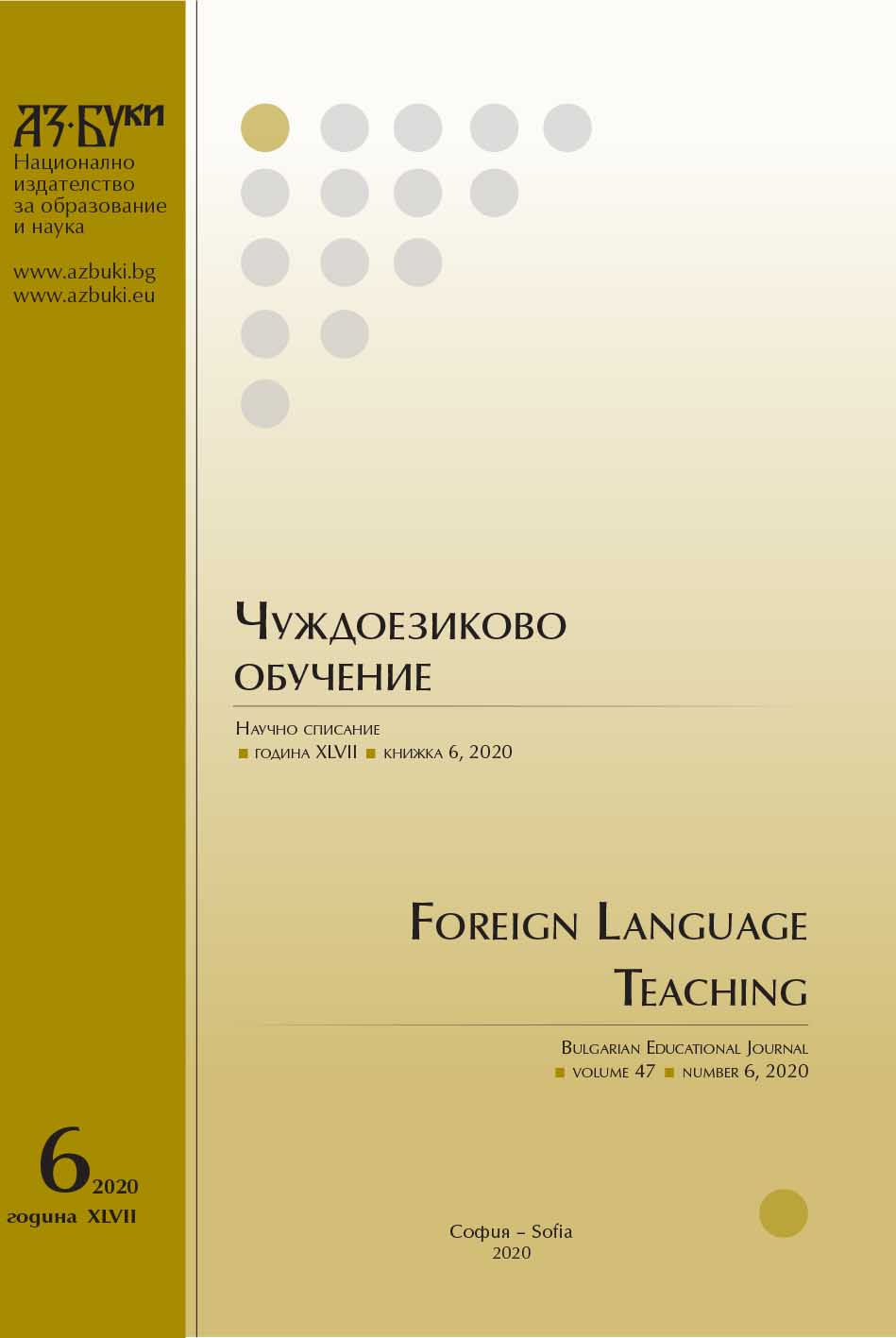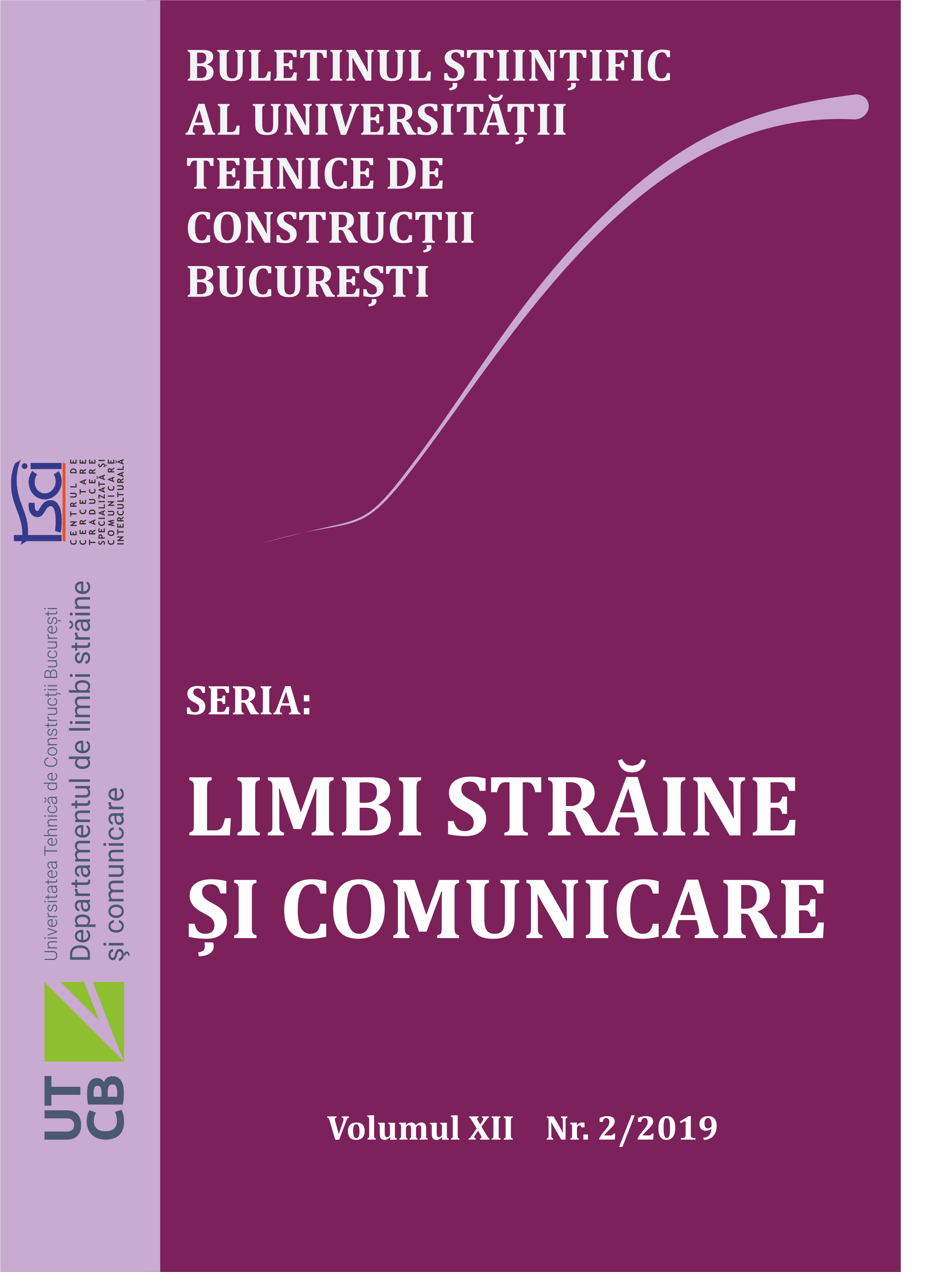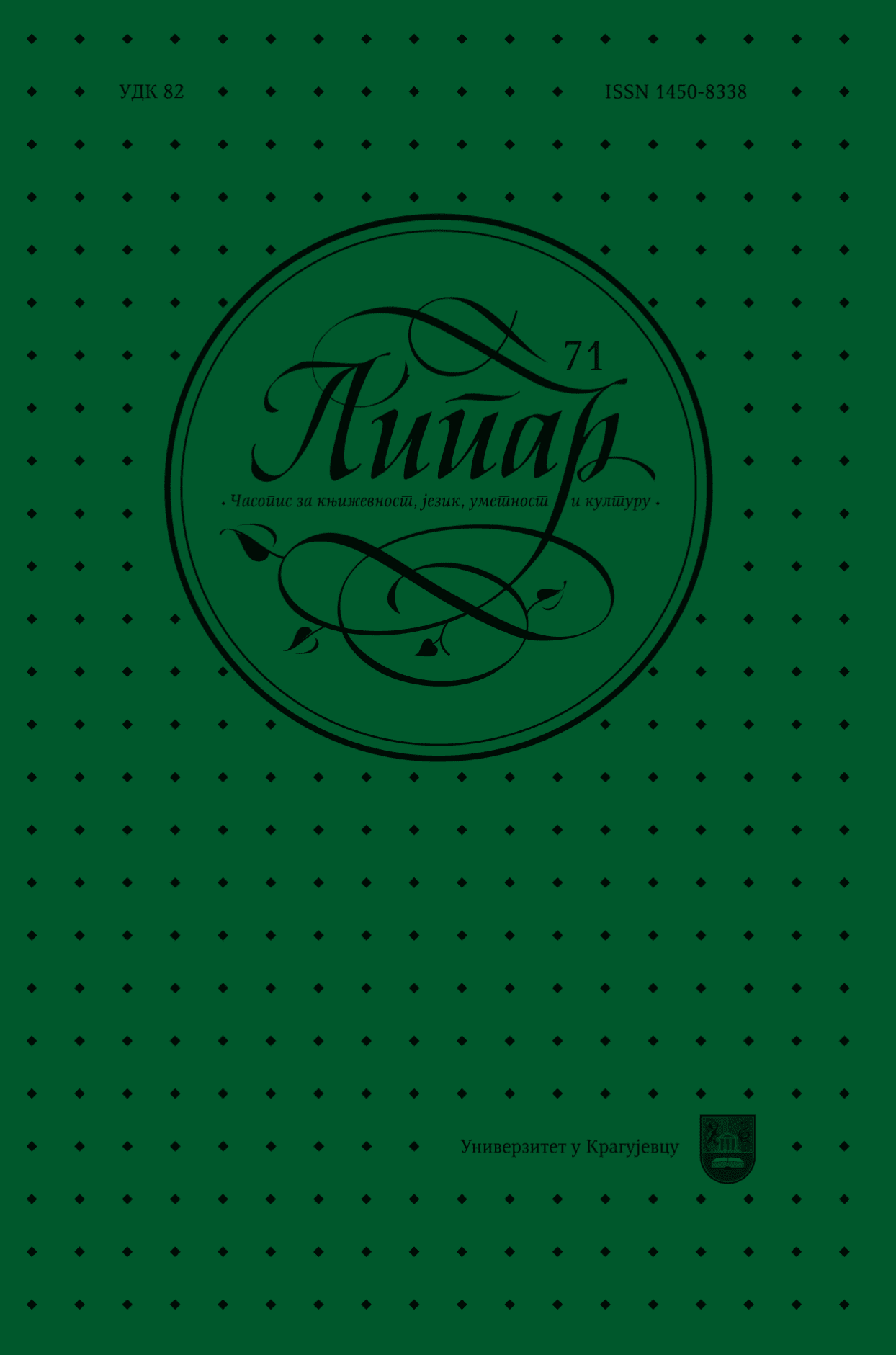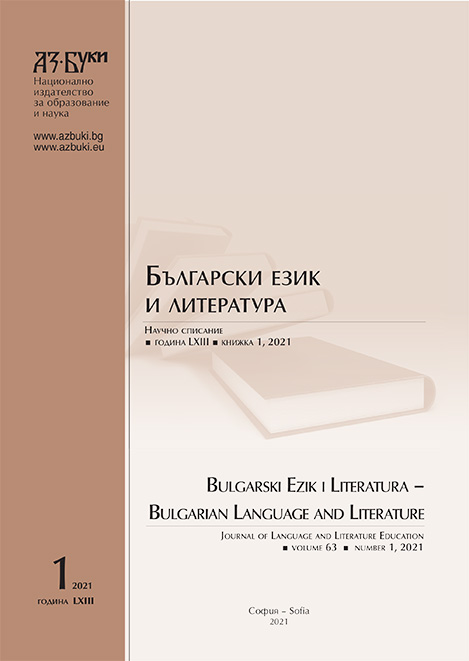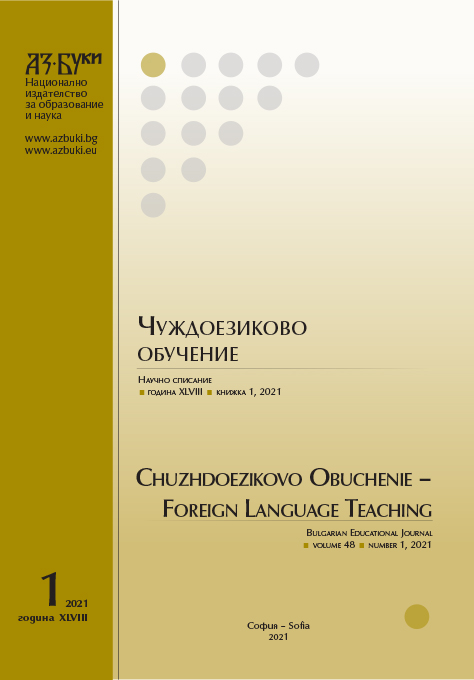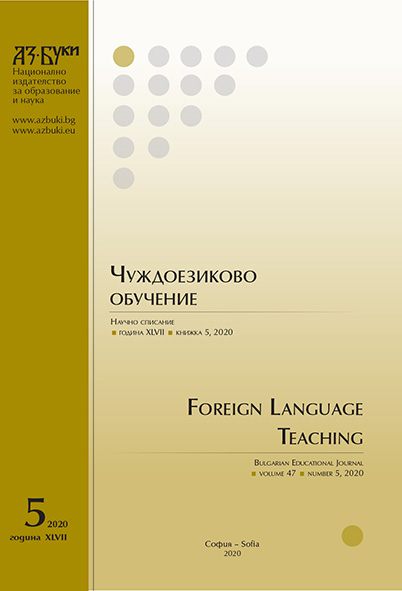
Colloquial Vocabulary for Parts of the Human Body in Bulgarian and Polish
The object of research is the colloquial vocabulary in Bulgarian and Polish from the thematic area 'parts of the human body'. The aim is to consider in a comparative plan the main nomination techniques for the formation of language units in both languages. The language material consists of colloquial tokens, extracted from Bulgarian and Polish lexicographical sources, catalogs and from the real language practice. It turns out that the main means of nomination in both languages is the secondary nomination. There are also quite a few borrowings from foreign languages. Word formation is also used, primarily as an aid. The analysis reveals significant similarities, but also interesting differences between the two languages in the study area.
More...
